Transfer of public lands to states bad for sportsmen
There are few things the federal government is good for these days, and even then, it’s usually filled with wasteful spending and bureaucracy. Most of the time, when the government takes over and manages something, we, the taxpayers, end up footing a rather large bill for something that we either didn’t need or want, or the Feds mess it all up.
But one thing the Feds do actually need to manage and maintain are the public lands in the West.
The federal government owns nearly 640 million acres of public land, most of that in the West, on which hunters and outdoorsmen can use these lands for hunting, fishing, hiking and just about anything else.
According to the U.S. Fish and Wildlife Service, nearly 72 percent of hunters use public lands for their activities. In 2015, there were roughly 12.7 million Americans over the age of 16 hunting, so that puts 9.14 million people using the public lands for hunting.
Hunters spent roughly $22.9 billion on annual hunting expenditures and created just about 1 million jobs in the hunting industry. All of this money is going into the local economies of the states.
Unfortunately, there are those in public office who would like to return these lands to the states, which has its advantages as well, but would more than likely see the property mismanaged and eventually sold to energy companies.
Recently in the GOP-controlled Congress, a bill was put forth to make the transfer of federally managed and funded lands in the West back to the states easier to do.
In the past six months within state and federal legislatures, there have been several bills that all died attempting to seize public land from the U.S. government.
Rep. Jason Chaffetz (R-Utah) withdrew his bill, H.R. 621 that would’ve sold more than 3 million acres of land in 10 different western states. It was a small win for the hunters and outdoorsman who use the lands of the West.
Late last January, Chaffetz also reintroduced another bill that would strip the Bureau of Land Management and Forest Service of their law enforcement duties. This bill has just been referred to the Subcommittee of Conservation and Forestry as of Feb. 13, and it will be awhile before, if it even does, hit the floor.
Returning public land to the states does have advantages. The states would have more control and could open up the land to energy companies, which could create jobs through the companies that want to refine oil, put up windmills and extract natural gas. This would also increase tax revenue to these states.
However, the disadvantages to this are much more prominent than the advantages. There is so much land owned and funded by the feds that the states would not be able to manage it properly.
Out West, a lot of that land is primarily a plains and prairie biome, meaning much more maintenance than your front lawn. Every year, a prairie must be burned so that the next year the grass can start over and grow again.
With any type of burning, and especially a prairie burn, there are a lot of safety precautions and various steps that go into it. It isn’t just a one time thing managing the prairie. It’s a 24/7, around the clock thing that costs quite a bit of money.
Going along with these controlled burns, you have raging wildfires like none other. The bills for fighting these fires are usually paid for by the federal government. Fighting and managing a wildfire is a very expensive process that requires quite a bit of money, money that these states have already said they don’t have.
Wyoming Gov. Matt Mead even said, “I reflect back to 2012. We spent as a state $45 million fighting fires. … If the federal lands that had fires on them would have been state lands, we would have spent another $45 million – in one summer. That’s a significant amount.”
Let’s not forget all the other things to manage on the land. In Wyoming, Nevada and various other states, wild horses are becoming an ongoing management crisis for the Bureau of Land Management. They are over-grazing land where ranchers take their cattle to graze.
In an effort to control of the horses, the BLM rounds them up and keeps them in pens, which is highly expensive. This expense would be transferred to the states’ residents who would ultimately foot the bill.
In 2016, the BLM’s budget was increased to $1.2 billion, quite a bit of that goes to the management of wild mustangs. If the feds transferred the land to the states, state taxes would increase heavily or the land would be sold to independent energy companies. More than likely, it’d be the latter.
The public lands in the West already bring in plenty of revenue to their respective states. In one county alone in Wyoming, Albany County, $25.3 million was raised, and $11 million came from hunters and the rest from fisherman. Hunting and fishing account for so much economic revenue in Wyoming that a loss of public land for hunting and fishing would be devastating to their economy.
Of course, even past statistics of money, we need to preserve this land. The public land in the West is just about as “wild” as you can find in the country anymore. Millions of people from all around the world travel to the American West to get the sense of wilderness and adventure it still holds. By transferring the lands to the states, all this recreation would be put aside for windmills, and the harvesting of oil and natural gas.
The lands of the West are under attack, and outdoorsmen need to stand tall against the transferring of the land back to the states. Hunters provide billions of dollars every year to the states and their local economies, and if the land were to be transferred, everyone except energy producers can say goodbye to what they once were.
Even though the federal government isn’t good for much except taking your money every week and wasting it on useless things, they are the only ones equipped and funded for managing the public land in the West.

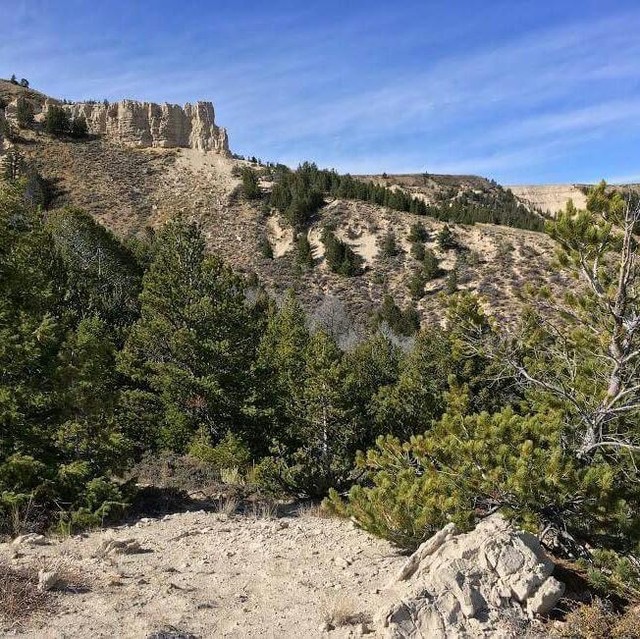
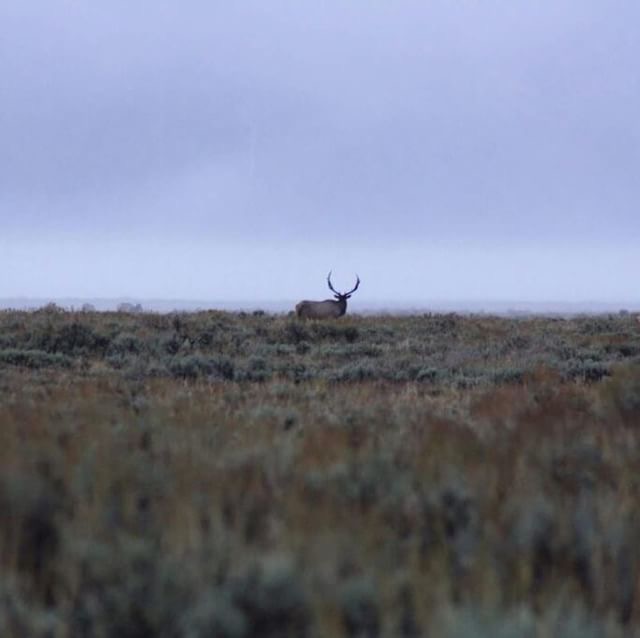
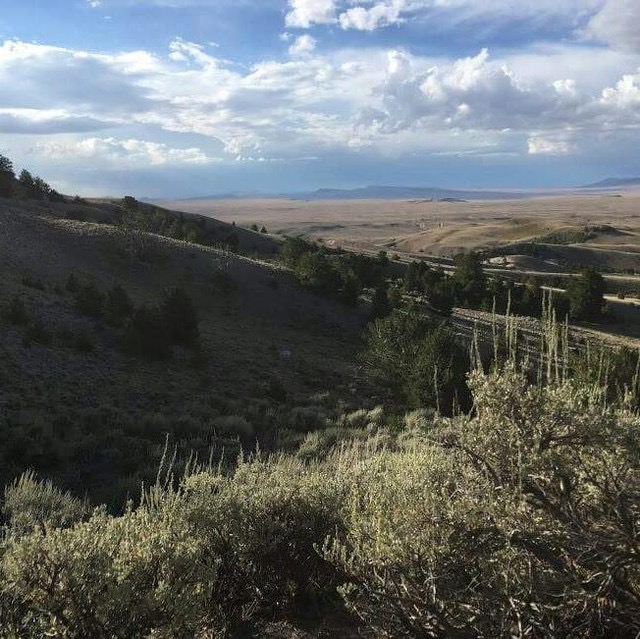
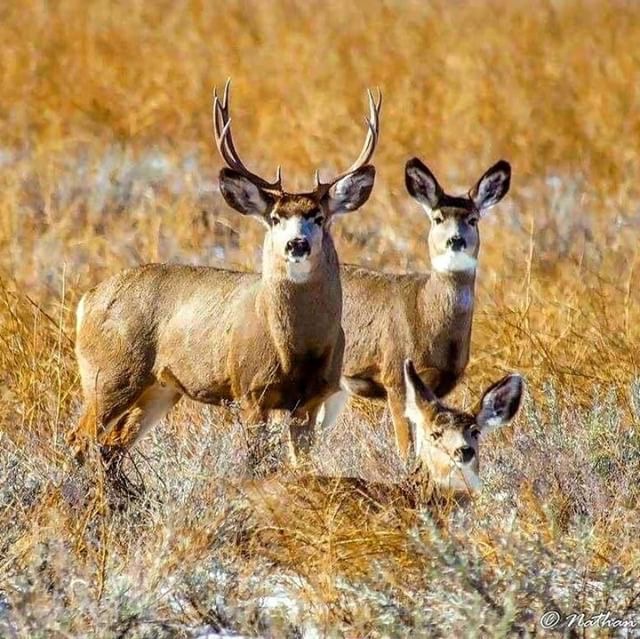

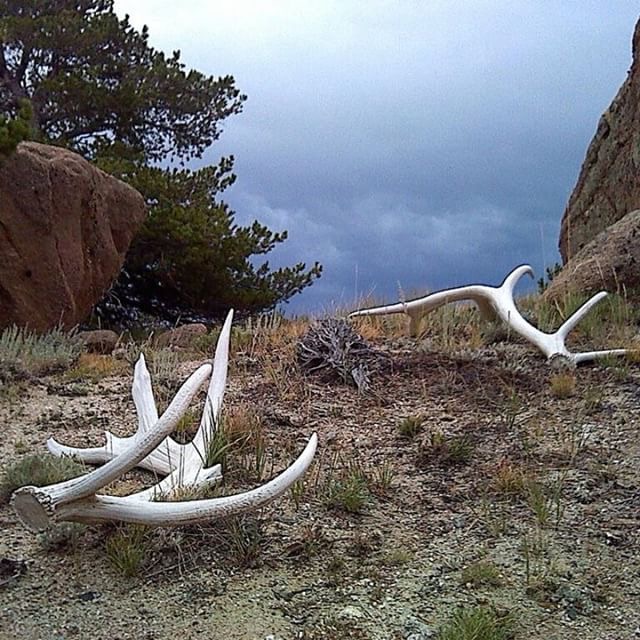

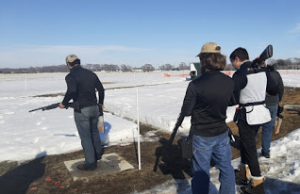
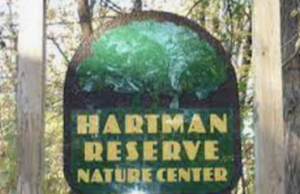





You must be logged in to post a comment Login